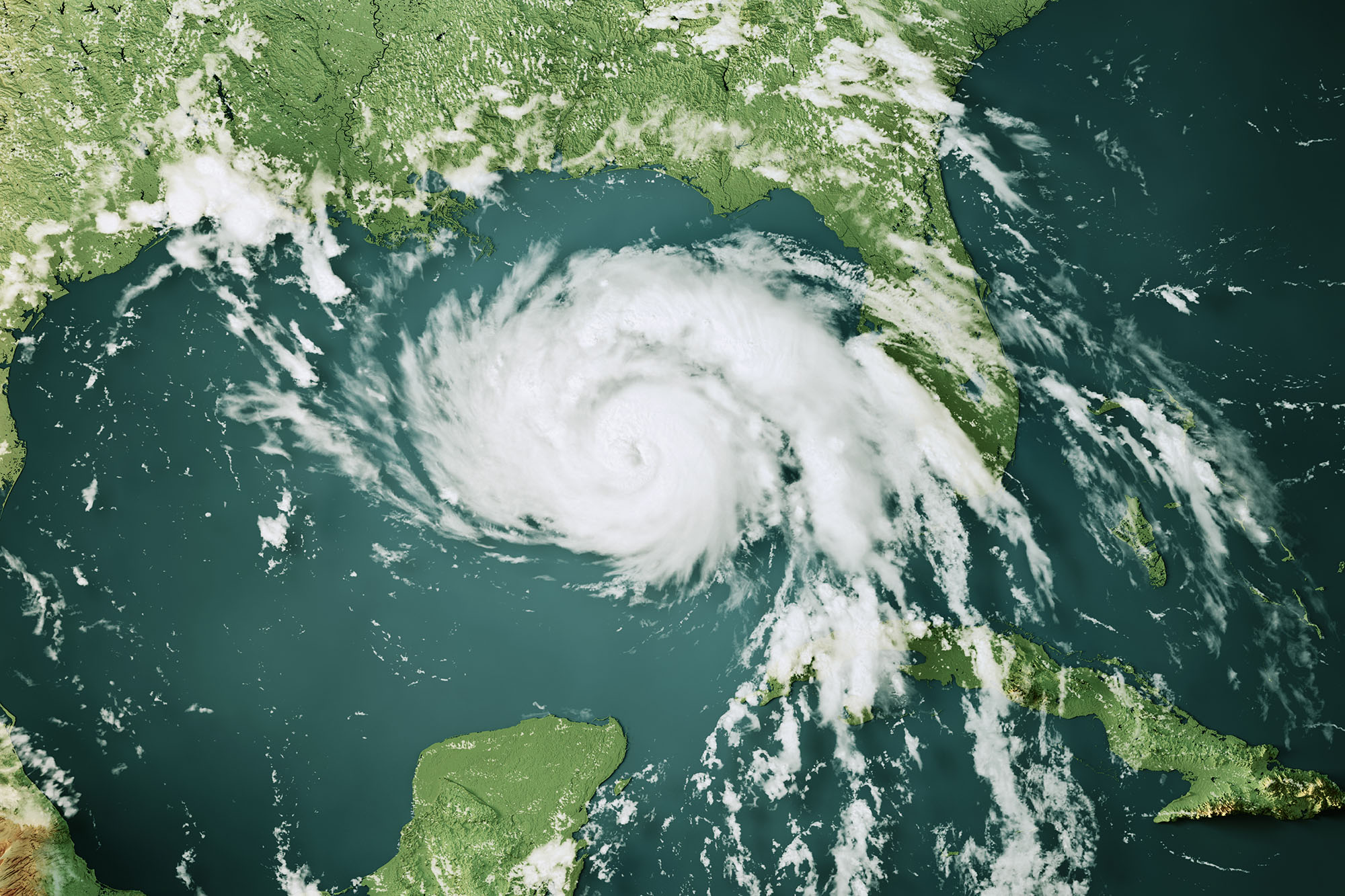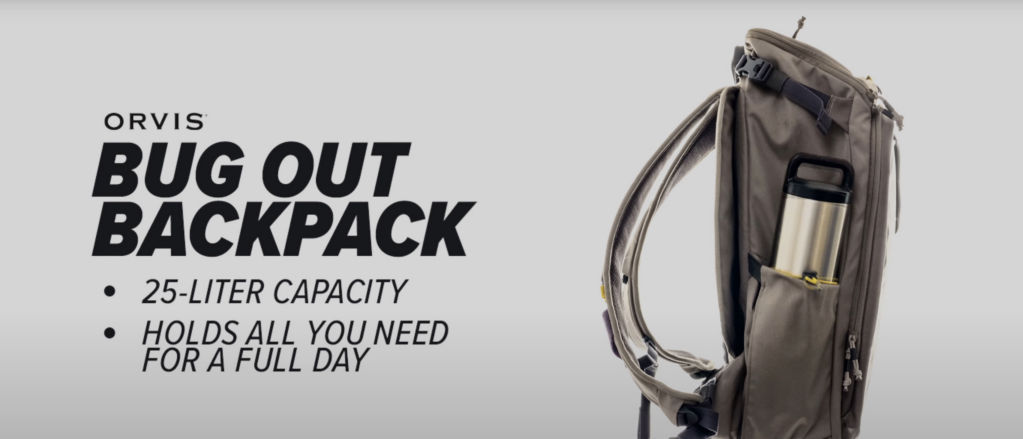
You're not the only one who is on a tight budget. While you might wish you had more money to stock up on pantry items, you're not the only one. This article will help organize you while you prepare your budget. It will also identify the items you need to stock up on your pantry. If you use the tips provided, you will be able to get organized without breaking the bank.
How to save money on your budget
Stockpiling can help you save money on supplies and prepping. Stockpiling lets you wait for a sale to buy a product at a discounted price. Many stores offer discounts of up to 25-75% off. Bartering and coupons can help you save even more. Stockpiling essential items is an important part of budget planning.
A shopping buddy can help you stick to your prepping budget. A great tip to save money on prepping is not to throw away items. For rags, or to tie vegetables, old t-shirts can be great. For emergencies, you can use a ratty shirt to get butt wipeds. You can also cut down on entertainment that you consume to pass the time.

Identifying the core items for a prepper's pantry
It is vital to identify the core items of a pantry for preppers. There are several methods to do it. Some items may not be necessary but you may still want to purchase them. Towel paper, for instance, is essential. To save money on your prep supplies, toilet paper is a great option. Toilet paper can be easily purchased in rolls for a very low price.
Shelf-stable items such as flour, cornflour, rice and beans are the most important to stock your prepper pantry. You will also need a range of canned goods such as meats, vegetables, soups and stews. Proteins include meat, eggs, and tuna. You can build a pantry that is well-stocked on a tight budget by purchasing items at a discount so they last longer.
Managing money while prepping on a budget
You should assess your current possessions if you have a budget. In other words, you need to think about what you've already spent money on and what you can do with it. It might be possible to purchase used supplies from Amazon, repair them or give them to a friend. Also, you might want to keep your supplies at work.
When prepping on a budget, you must focus on the basics, such as food, water, and shelter. Doing so will help you prioritize your needs, and lower your spending. It's important to have enough food, water, and fuel. Even if it's impossible to do everything, you can still prepare by meeting the essential needs. Even if you can't afford to stock up on every last item, you can still start with one month's worth of supplies. Three to six months may be more realistic if you cannot afford that.

Getting organized while prepping on a budget
Recognizing the importance of organization is the first step in organizing your budget. A chaotic prep can lead to wasted money and time. Rotate perishable goods before they go bad. Make sure to label perishable items clearly. You should compile a master list of all the things that you will be preparing. This can come in handy if you are preparing for a trip to remote locations. Here are some tips to get organized while still sticking to a budget.
The second step to organizing your budget is managing your finances. You can spend a lot of money on prep, so it is important to plan ahead. If you are creative and able to think outside the box, bartering or negotiation can help you reduce the cost of supplies. Below are some ideas to help you save money while still sticking to your budget.
FAQ
What are the essential skills required to survive in the wild?
The most important thing you need to know when you're living off the land is how to make a fire. It's not just a matter of lighting a match; you must learn how to start a fire using friction and flint. You must also know how to not get burned by the flames.
You'll need to know how to build shelter from natural materials, such as trees, grasses, leaves, etc. To stay warm at nights, you will need knowledge about how to best utilize these materials. You should also know how much water your body needs to survive.
Other Survival Skills
Although they can help you survive, they are not as essential as knowing how to light an open fire. You can eat many kinds of animals and plants, but you won't be capable of cooking them if you don’t know how to start a fire.
You will also need to know where and how to find food, including edible animals. This knowledge is crucial to avoid becoming sick or starving.
What can you do to survive in an emergency situation?
There's not much time for you to think about what next. It is important to be ready for any eventuality. Be prepared to deal with any unexpected problem.
You must also be ready to improvise if you find yourself in a situation where you're not sure what to do.
If you are in a survival situation, you will likely encounter problems such:
-
Being stuck in a remote location
-
Getting lost
-
Limited food supplies
-
Water running low
-
Facing hostile people
-
Wild animals:
-
Finding shelter
-
Predators must be stopped
-
Lighting the fire
-
Tools
-
Building shelters
-
Hunting
-
* Fishing
What is the best survival tip you have?
Staying calm is the best way to survive. If you panic you will make mistakes and ultimately die.
What is your best survival tool in the event you lose everything?
The compass indicates which direction north is. It also shows us the distance we have traveled since our origin point. The compass may not always help you find your way if you're travelling to a mountainous area. However, if you're in a flat area, the compass should be able to show you the way.
For those who don't have a compasse, you can use a rock or tree as a guide. While you will still need to find a landmark by which to guide you, it is at least possible to know the direction of north.
Statistics
- Not only does it kill up to 99.9% of all waterborne bacteria and parasites, but it will filter up to 1,000 liters of water without the use of chemicals. (hiconsumption.com)
- We know you're not always going to be 100% prepared for the situations that befall you, but you can still try and do your best to mitigate the worst circumstances by preparing for a number of contingencies. (hiconsumption.com)
- Without one, your head and neck can radiate up to 40 percent of your body heat. (dec.ny.gov)
- so you can be 100 percent hands-free, and there's less chance you'll put your torch down and lose it. (nymag.com)
External Links
How To
How to purify water in emergency situations
When natural disasters strike, the most important activity is water purification. Purifying drinking water requires filtering, disinfection, as well as storage. In times of crisis, drinking clean water has saved many lives. It also makes it easier to recover faster after disasters.
Purified water should always be stored properly and kept away from direct sunlight. Purified water should be stored in a container that does not contain oxygen. Use plastic bags or bottles if you do not have enough containers. Keep the water at 4°C (40°F) or less. Avoid freezing the water to prevent ice crystals from forming.
These steps should be followed when purifying water
-
Boil water to boil until it is dry. By straining the boiling water through an a strainer, you can remove any impurities.
-
For every 2 Gallons of water, add one teaspoon of Iodine. Stir thoroughly before adding the iodine.
-
The water should be kept in an airtight container. Keep the water refrigerated for not more than three days.
-
You should label the container with the date, type and amount of water.
-
Make sure that your water supply has a safe and reliable source!